Vision
Recent articles
How tiny tardigrades could help tackle systems neuroscience questions
The eight-legged, millimeter-long animals reveal how small nervous systems produce complex behaviors and perceptual abilities, a preprint suggests.
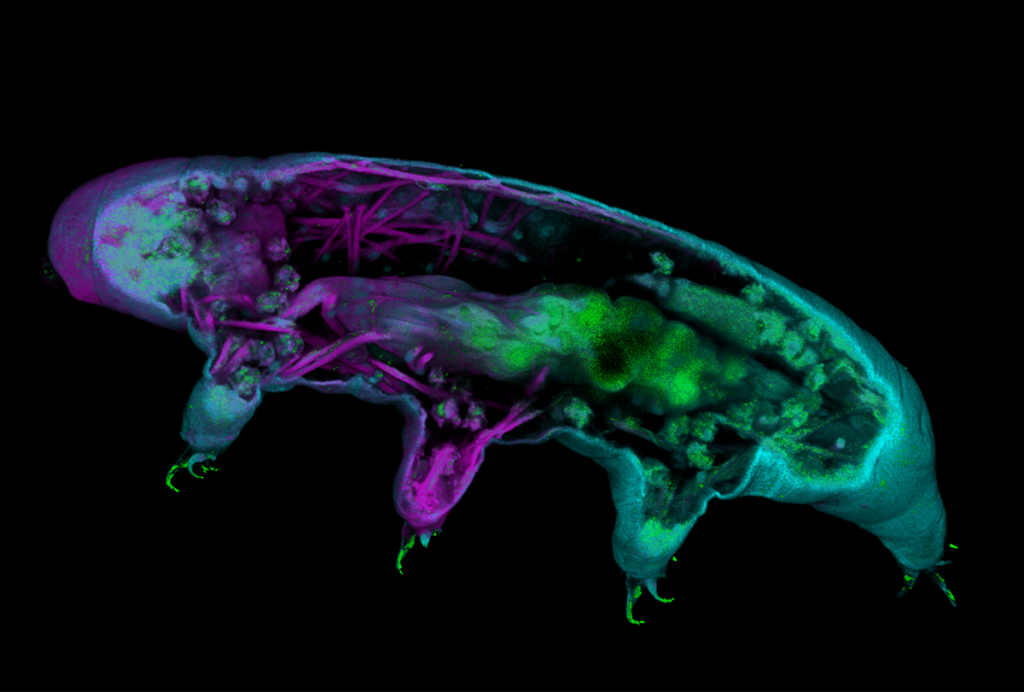
How tiny tardigrades could help tackle systems neuroscience questions
The eight-legged, millimeter-long animals reveal how small nervous systems produce complex behaviors and perceptual abilities, a preprint suggests.
Subthalamic plasticity helps mice squelch innate fear responses
When the animals learn that a perceived threat is not dangerous, long-term activity changes in a part of the subthalamus suppress their instinctive fears.
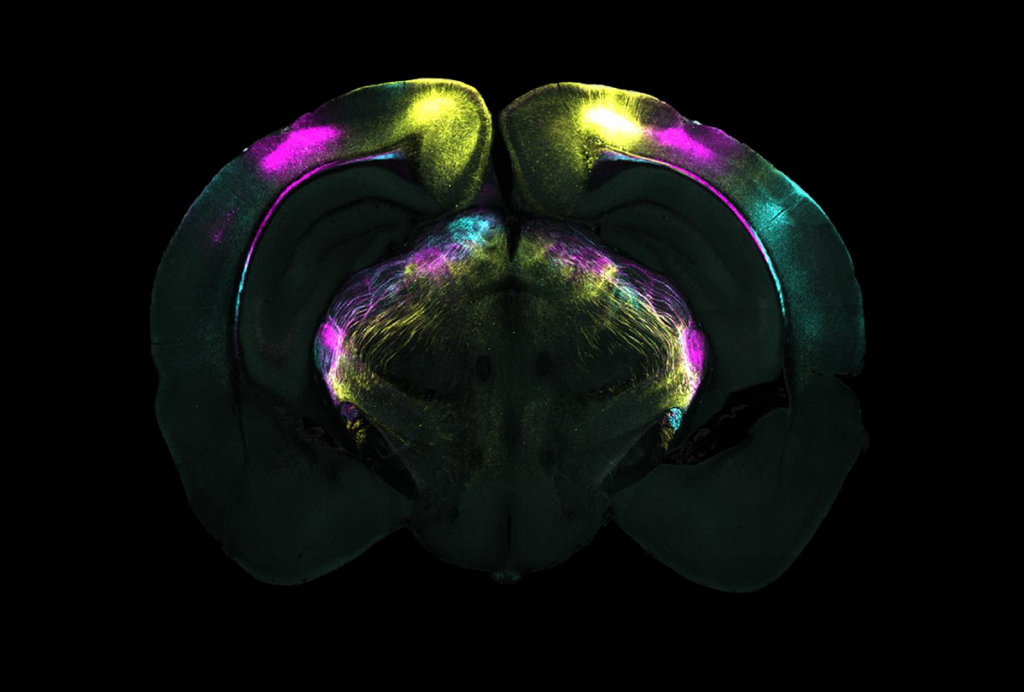
Subthalamic plasticity helps mice squelch innate fear responses
When the animals learn that a perceived threat is not dangerous, long-term activity changes in a part of the subthalamus suppress their instinctive fears.
NeuroAI and the hidden complexity of agency
As we attempt to build autonomous artificial-intelligence systems, we're discovering that a capability we take for granted in animals may be much more complex than we imagined.
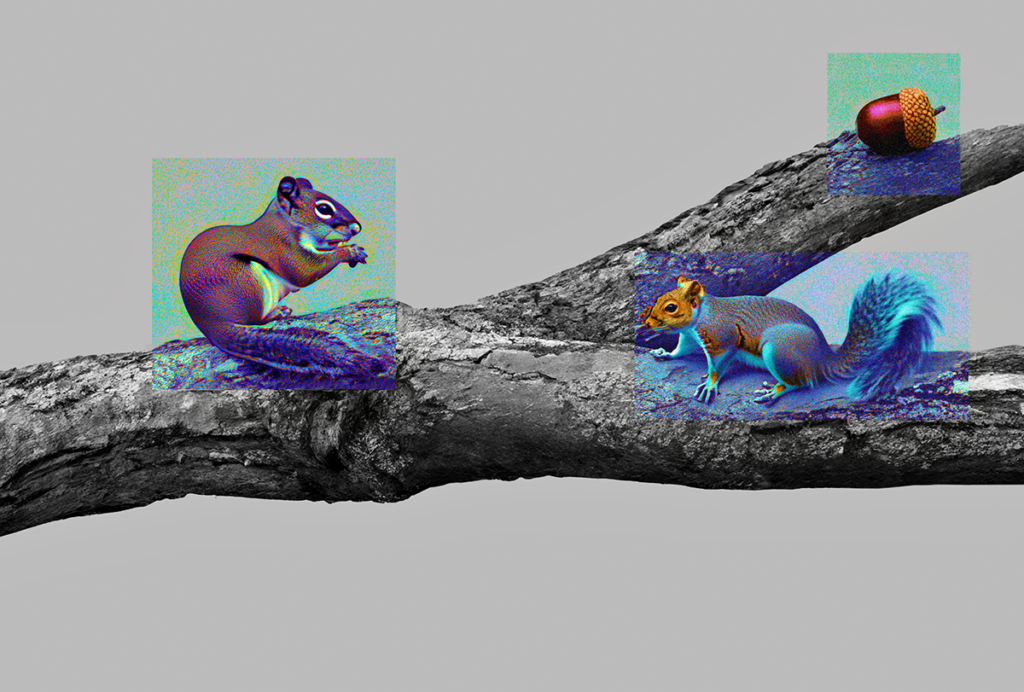
NeuroAI and the hidden complexity of agency
As we attempt to build autonomous artificial-intelligence systems, we're discovering that a capability we take for granted in animals may be much more complex than we imagined.
In memoriam: Yves Frégnac, influential and visionary French neuroscientist
Frégnac, who died on 18 October at the age of 73, built his career by meeting neuroscience’s complexity straight on.

In memoriam: Yves Frégnac, influential and visionary French neuroscientist
Frégnac, who died on 18 October at the age of 73, built his career by meeting neuroscience’s complexity straight on.
Sniffing out the mysteries of olfaction
A background in physics, and his own curiosity, have helped Dmitry Rinberg tackle the complexities of the neuroscience of smell.
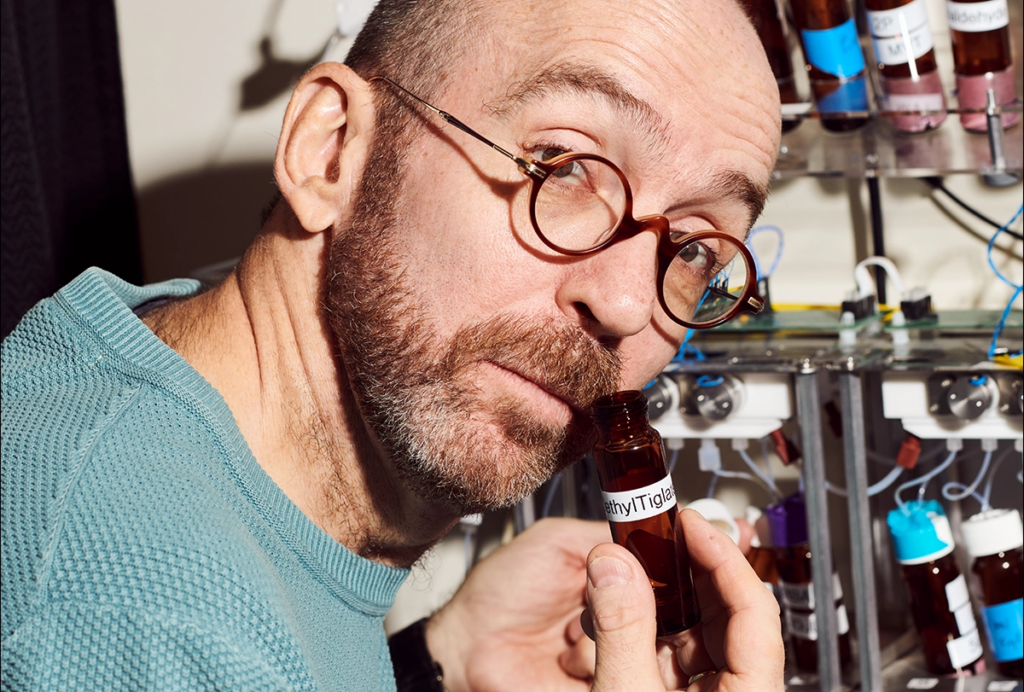
Sniffing out the mysteries of olfaction
A background in physics, and his own curiosity, have helped Dmitry Rinberg tackle the complexities of the neuroscience of smell.
An eye for science: Q&A with Bryan W. Jones
The researcher explains how the beauty of the retina drew him into the vision field and why photography reminds him of the value of that work.

An eye for science: Q&A with Bryan W. Jones
The researcher explains how the beauty of the retina drew him into the vision field and why photography reminds him of the value of that work.
Martín Giurfa y la idea de hogar
El investigador de la cognición de insectos ha hecho su trabajo en varios continentes, pero Argentina nunca está lejos de su mente.
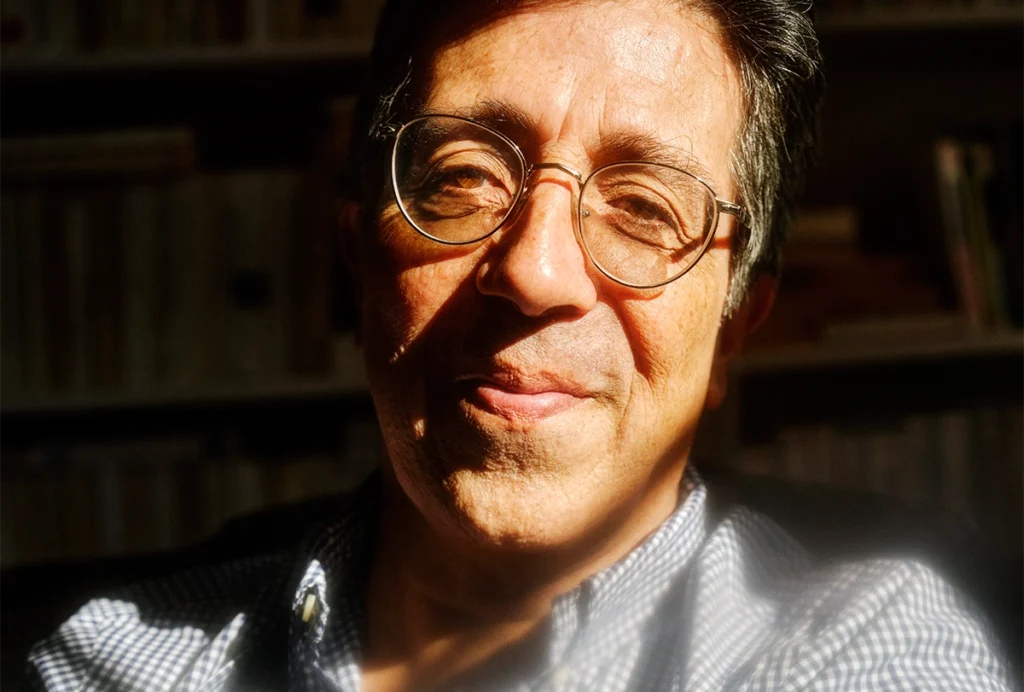
Martín Giurfa y la idea de hogar
El investigador de la cognición de insectos ha hecho su trabajo en varios continentes, pero Argentina nunca está lejos de su mente.
Remembering comparative neuroanatomy ‘great-grandfather’ Harvey Karten
The National Academy of Sciences member and pioneer in studying non-mammalian vertebrate brains died on 15 July at 89 years old.
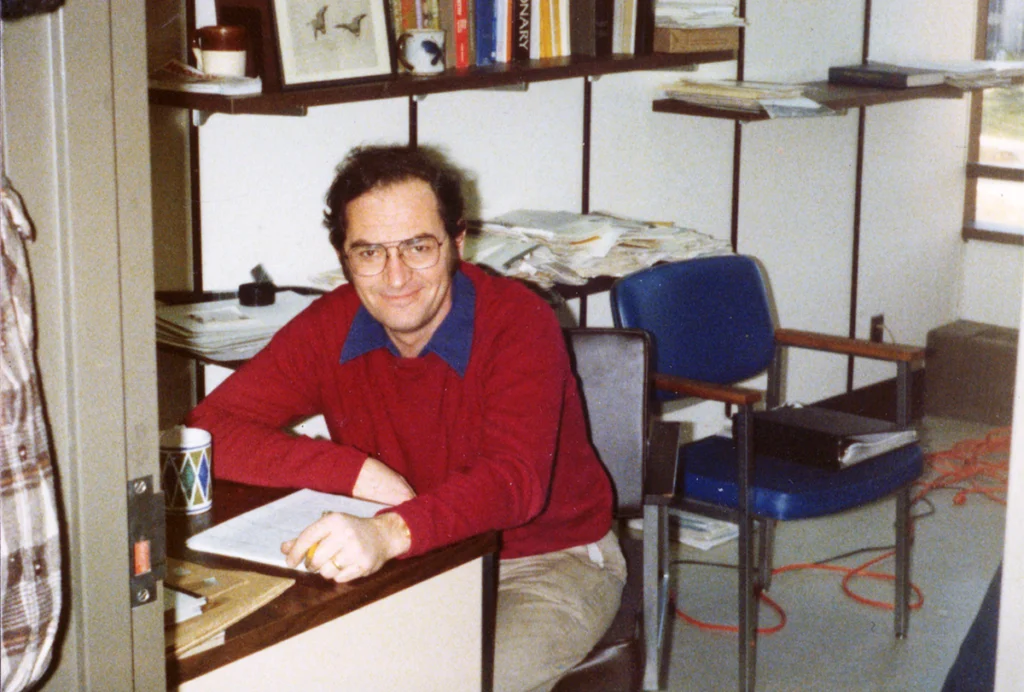
Remembering comparative neuroanatomy ‘great-grandfather’ Harvey Karten
The National Academy of Sciences member and pioneer in studying non-mammalian vertebrate brains died on 15 July at 89 years old.
Martin Giurfa’s concept of home
The insect-cognition researcher has done his work across continents, but Argentina is never far from his mind.

Martin Giurfa’s concept of home
The insect-cognition researcher has done his work across continents, but Argentina is never far from his mind.
2024 Kavli Prize awarded for research on face-selective brain areas
Studies by Nancy Kanwisher, Winrich Freiwald and Doris Tsao revealed how the brains of humans and other primates identify faces and helped establish an understanding of brain specialization.

2024 Kavli Prize awarded for research on face-selective brain areas
Studies by Nancy Kanwisher, Winrich Freiwald and Doris Tsao revealed how the brains of humans and other primates identify faces and helped establish an understanding of brain specialization.
Explore more from The Transmitter
Developmental delay patterns differ with diagnosis; and more
Here is a roundup of autism-related news and research spotted around the web for the week of 14 April.

Developmental delay patterns differ with diagnosis; and more
Here is a roundup of autism-related news and research spotted around the web for the week of 14 April.
‘Natural Neuroscience: Toward a Systems Neuroscience of Natural Behaviors,’ an excerpt
In his new book, published today, Nachum Ulanovsky calls on the field to embrace naturalistic conditions and move away from overcontrolled experiments.

‘Natural Neuroscience: Toward a Systems Neuroscience of Natural Behaviors,’ an excerpt
In his new book, published today, Nachum Ulanovsky calls on the field to embrace naturalistic conditions and move away from overcontrolled experiments.
Functional MRI can do more than you think
Recent technological advances provide a range of new and different information about brain physiology. But taking full advantage of these gains depends on collaboration between engineers and neuroscientists.

Functional MRI can do more than you think
Recent technological advances provide a range of new and different information about brain physiology. But taking full advantage of these gains depends on collaboration between engineers and neuroscientists.